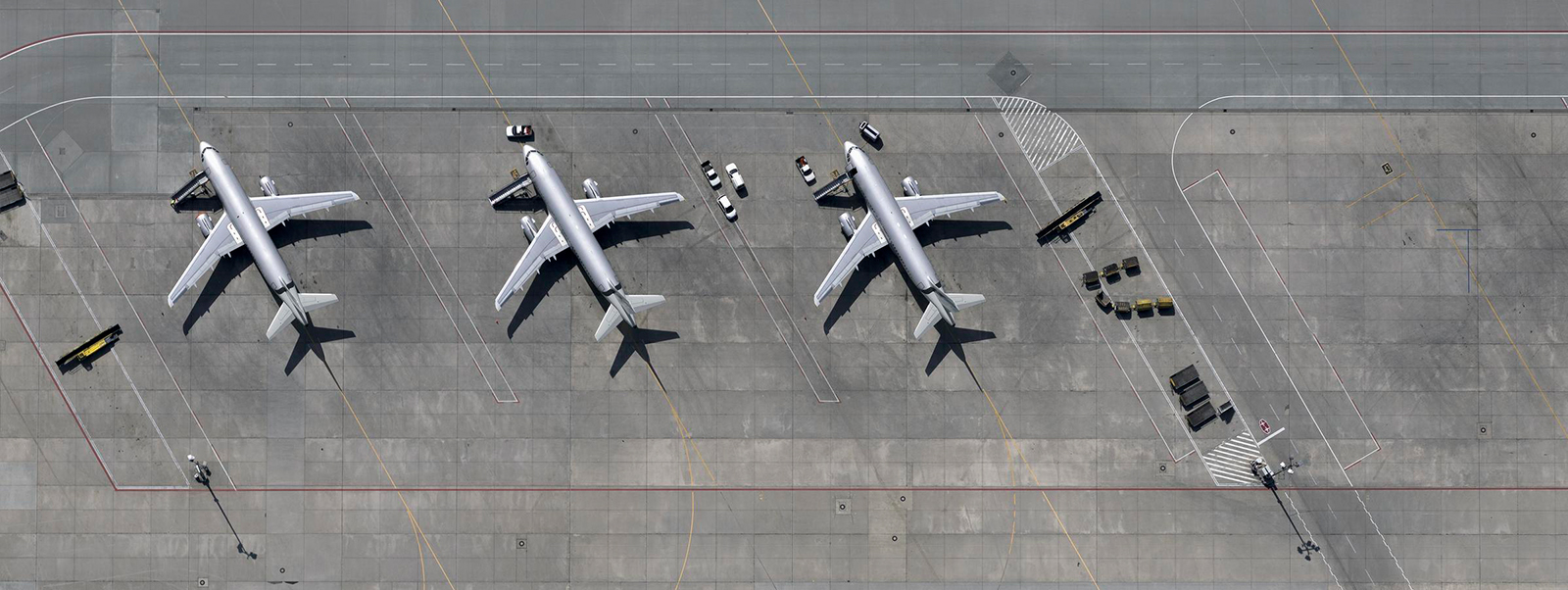This article was first published on April 7, 2020.
On March 27, 2020 President Trump signed the Coronavirus Aid, Relief, and Economic Security Act (CARES Act). The bill provides a total of $2.2 trillion in economic stimulus aimed at providing emergency assistance and health care response for individuals, families, and businesses, affected by the 2020 coronavirus pandemic.
The bill provides $61 billion in grants and loans as well as excise tax relief for the aviation industry. Passenger and cargo carriers, part 145 repair stations, ticketing agents, and airline and airport contractors are eligible for assistance under this program. $32 billion in grants have been allocated to cover salaries and benefits from April 1 to September 30, 2020. $29 billion in loans and loan guarantees are also available. An additional $17 billion has been provided for “businesses critical to maintaining national security” but it is unclear what companies will be eligible for this funding.
Assistance comes with restrictions and requirements including:
- Restrictions on stock buybacks and dividends
- Limits on employee and officer compensation
- Limits on changes to employment levels and wage rates
- Government receipt of equity, warrant, or debt instrument to compensate for assistance
- Maintenance of essential scheduled air service (as defined by Secretary of Transportation)
The bill also waives fuel and excise taxes through 2020 and programs will be administered by the Secretary of the Treasury. The Treasury Secretary has 10 days from (3/27) to make initial grant payments and publish loan procedures.
The analysis outlines eligibility, provisions, and assurances of the act as well includes public comments from carriers around service requirements. Also included is a historical review of the Air Transportation Safety and System Stabilization Act. This can provide perspectives on how the current assistance might be used.






